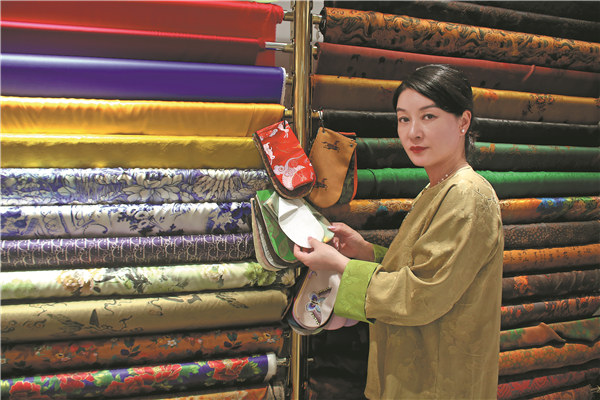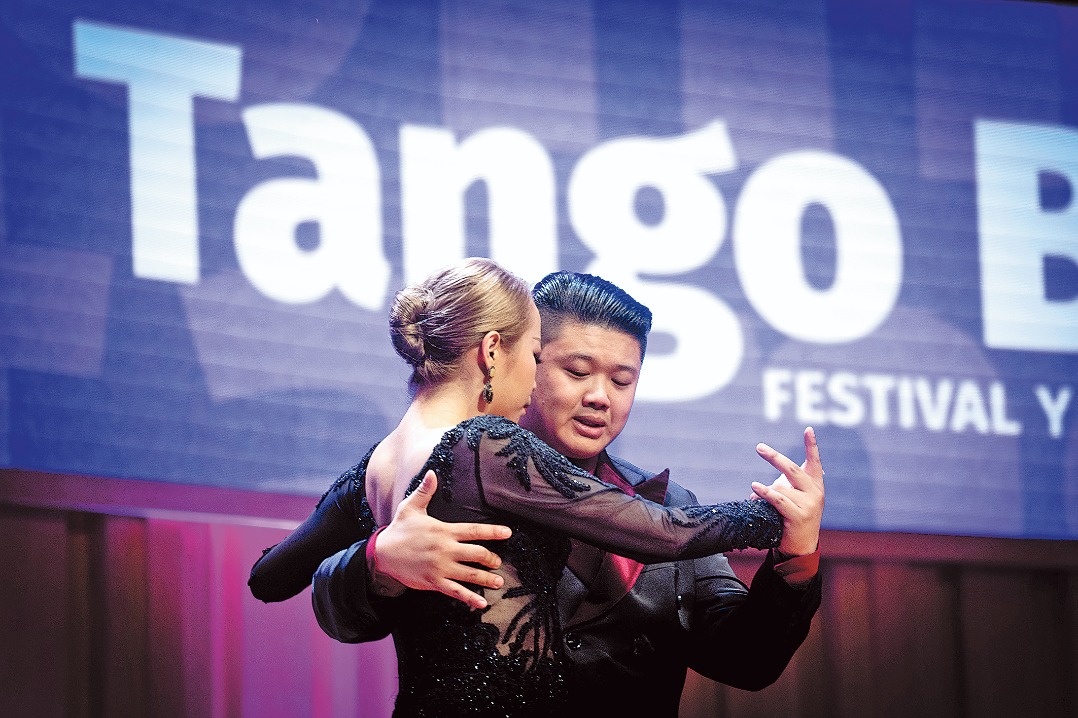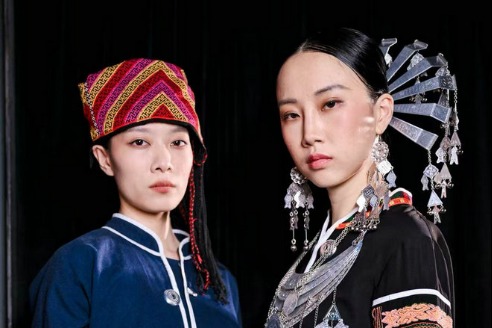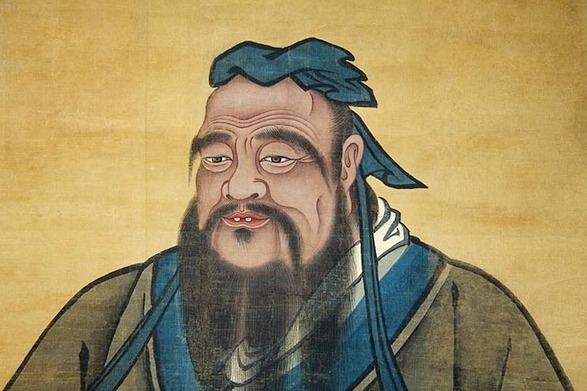Jilin's Qipao Hall preserves ancestral threads


Zhu Wenjun leans on nostalgia to revive Manchu elegance
In Jilin Qipao Hall of Jilin city, Jilin province, the employees are tasked with selecting materials, fastening buttons, crafting inlays, cutting fabrics and sewing inlays and trims. They are artists, designers, and keepers of cultural tradition.
Jilin city is one of the birthplaces of the ethnic minority Manchu people. The Manchu cheongsam, a type of qipao, integrates multiple intangible cultural heritage techniques.
Born into a Manchu family, Zhu Wenjun, the hall's founder, developed a passion for cheongsams during her childhood.
"In Manchu tradition, all the girls must know how to sew," said 52-year-old Zhu. "My grandmother, who was skilled at needlework, made a living from sewing, so I started learning the skills from her at the age of 5."
By the time she was in primary school, she could sew bedcovers with sharp edges and corners.
"Before major festivals, such as the Spring Festival, my grandmother would make traditional Manchu clothes for me, such as bloomers and tiger-head shoes," she recalled. "Her embroidery, such as pillow covers and door curtains, were welcomed by relatives and neighbors when they prepared for marriage."
Zhu still remembers the beautiful cheongsam that her grandmother only wore on special occasions.
"She never let me touch it, which made me greatly desire to possess one," she said. "As I grew older, I began to understand the significance of clothing in Manchu families, which is not just a necessity, but also represents culture, status and family heritage."
After graduating from a local secondary technical school in 1993, Zhu became a civil servant in Jilin city, but she retained her fondness for cheongsams.
In 2005, Zhu quit her job and opened a tailor shop with her husband.
"Together with three tailors, we helped our customers choose suitable fabrics and tailor clothing, and sometimes we collaborated with other shops," she said. "Although I didn't make much money, I found fulfillment."
They expanded their shop in 2009 and added more employees. Throughout her success, she never forgot about her dream of owning the perfect cheongsam.
"While visiting different cheongsam shops, I found it difficult to find one that could provide me with satisfactory fabrics, patterns and tailoring skills simultaneously," Zhu lamented. "I believed it wasn't about the tailors' skills but rather the lack of effective coordination, leading to clothing that fell short of ideal."




































